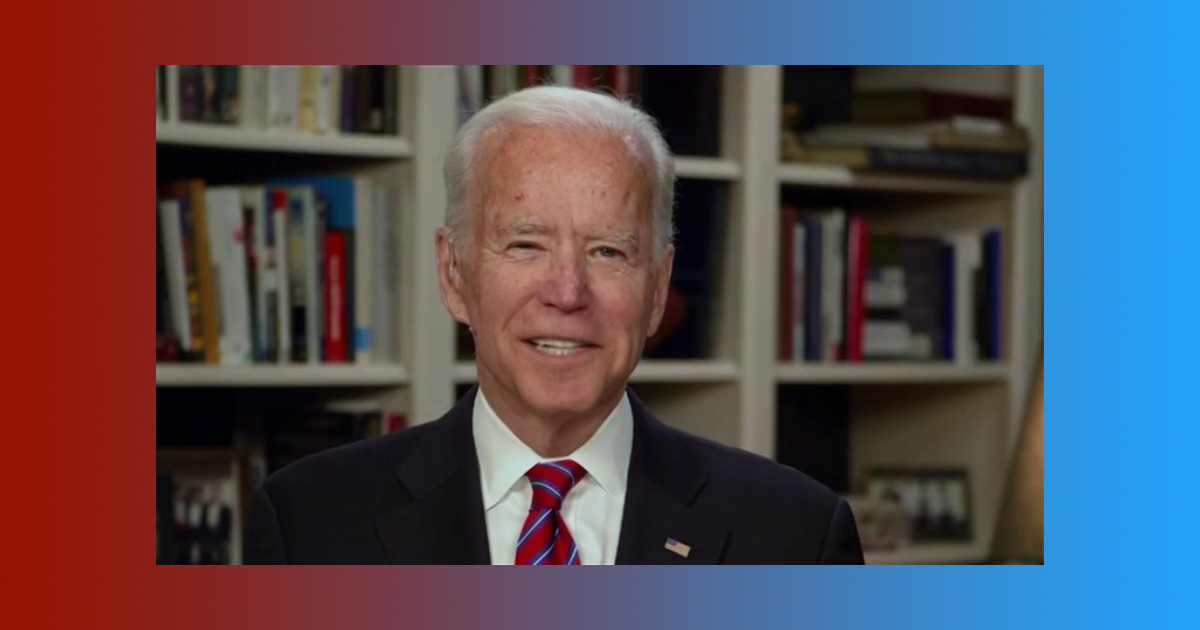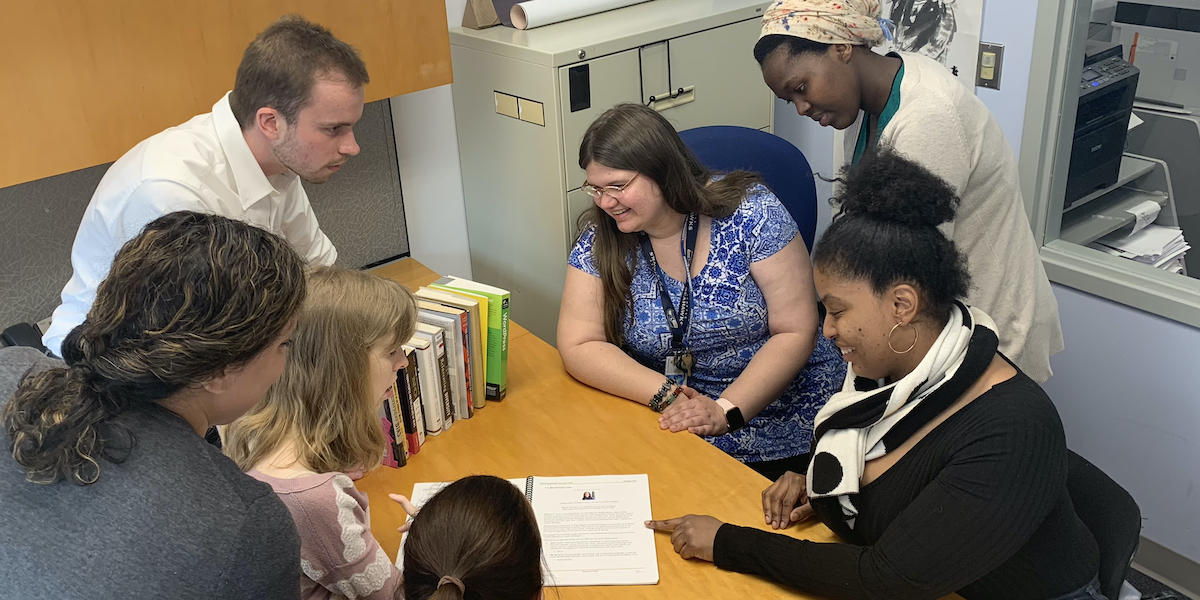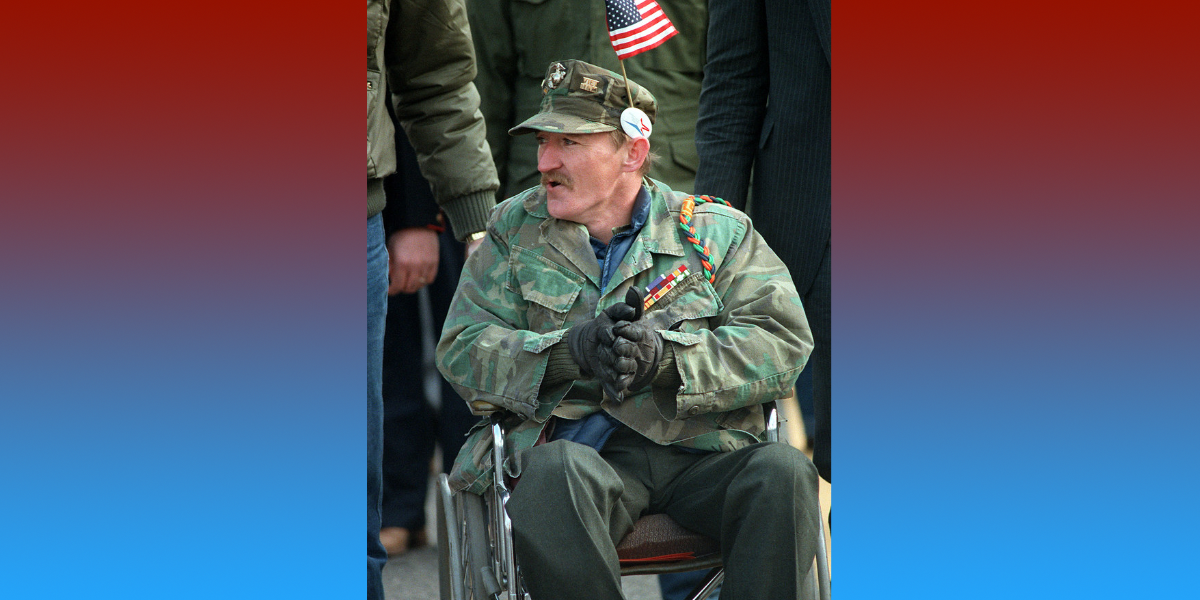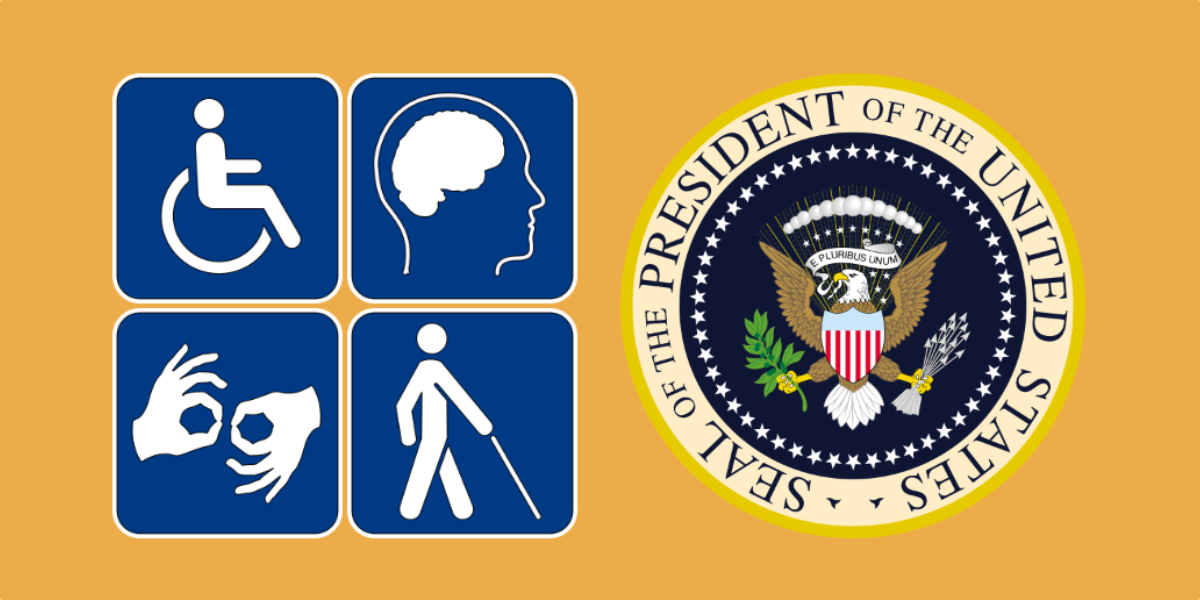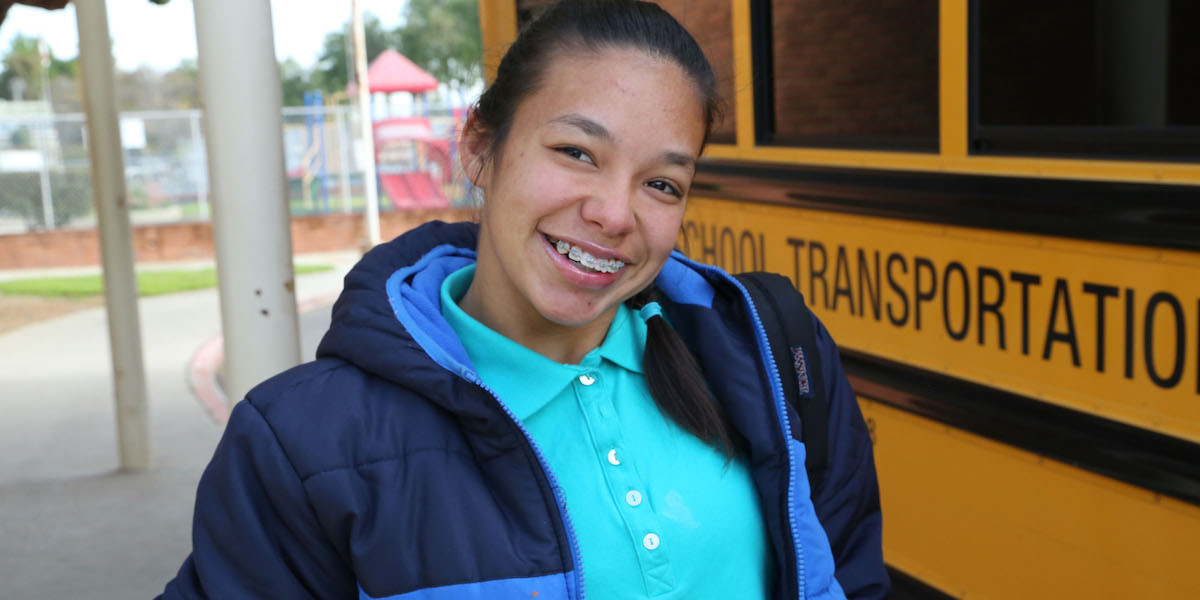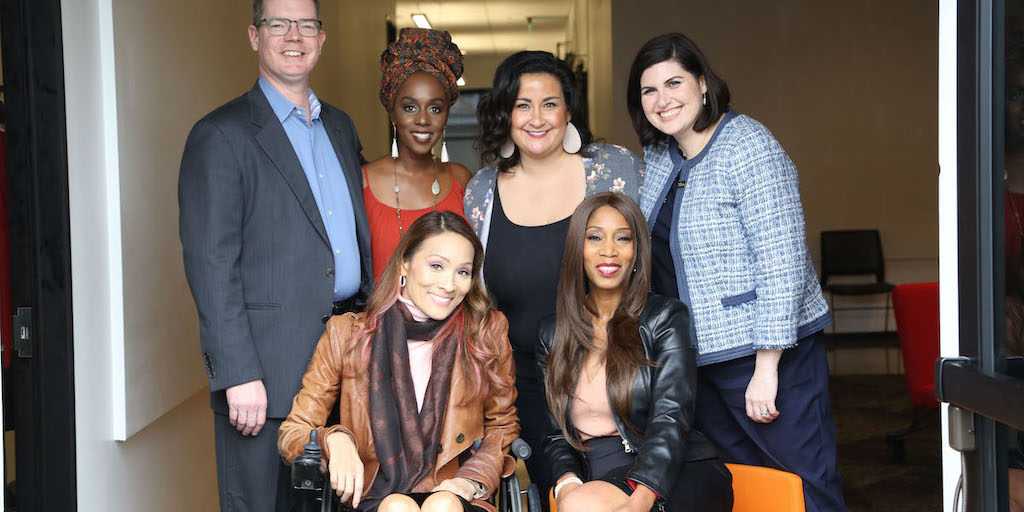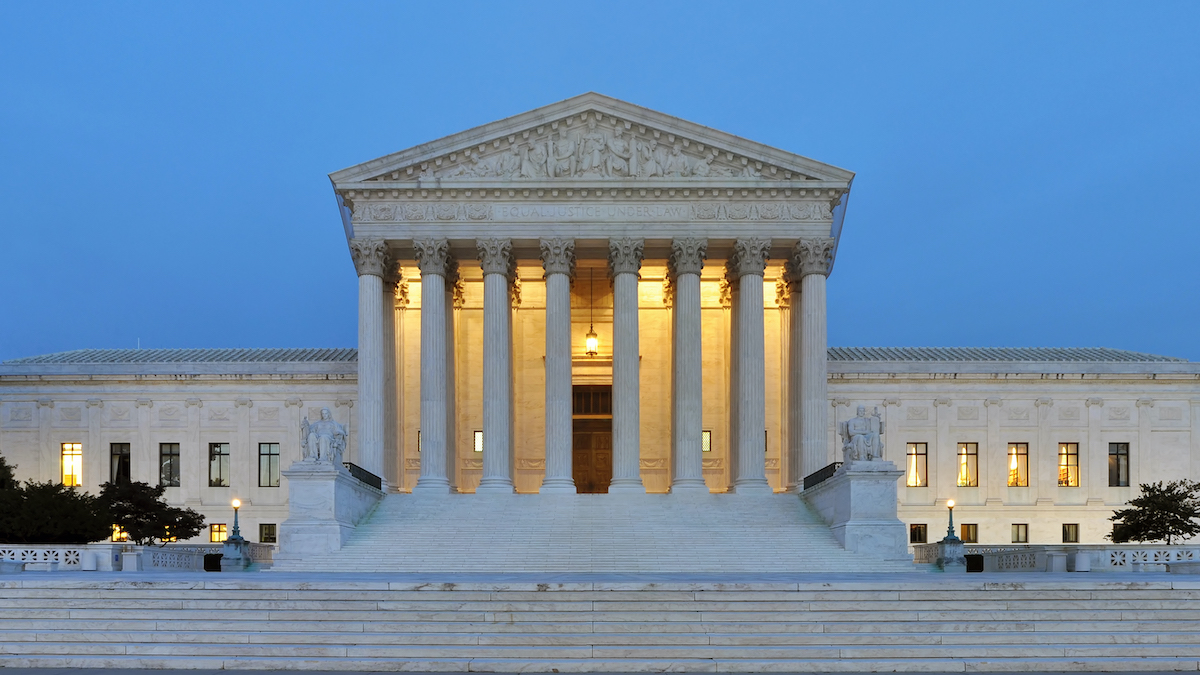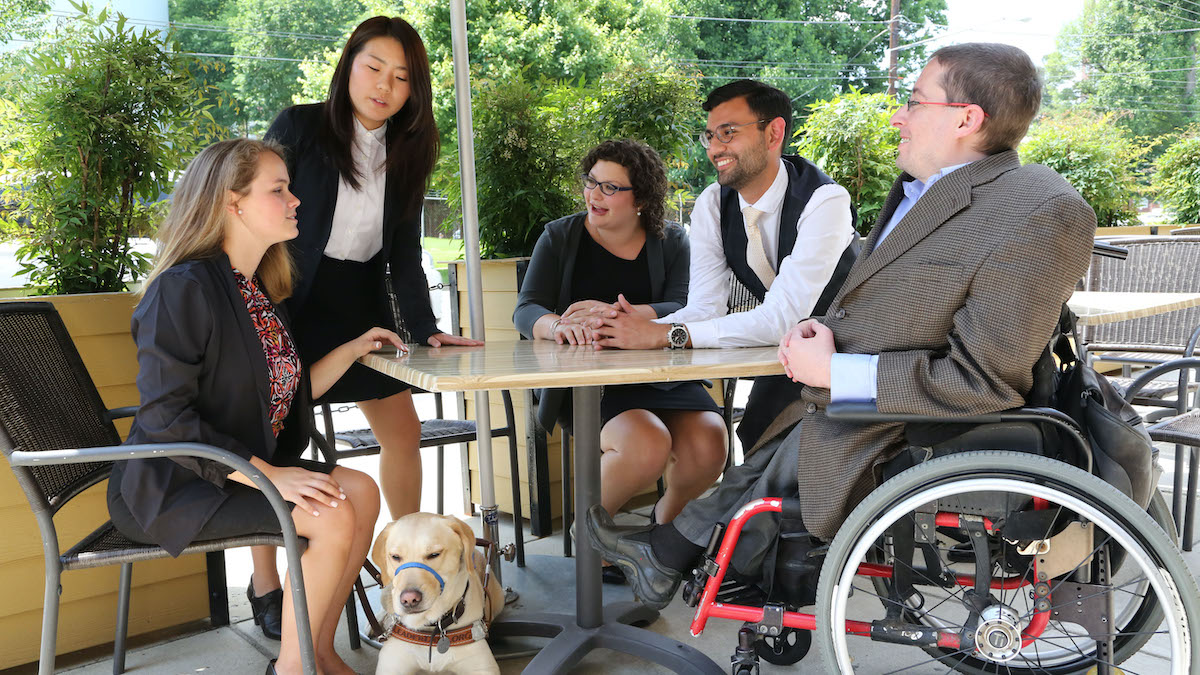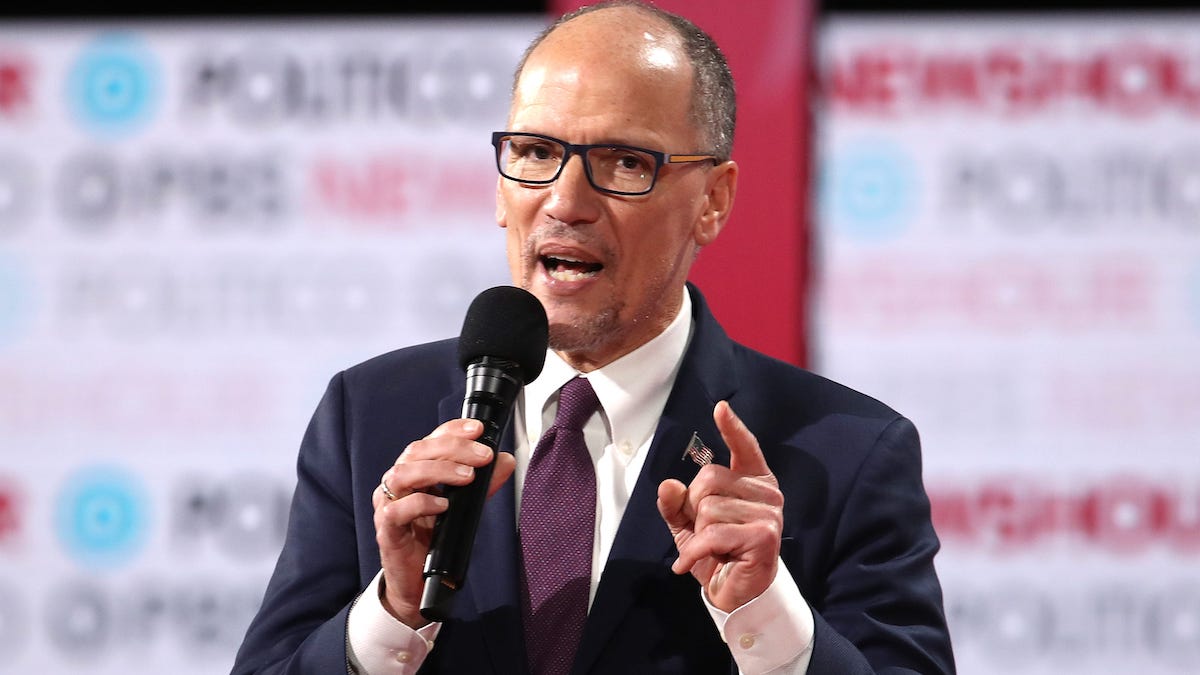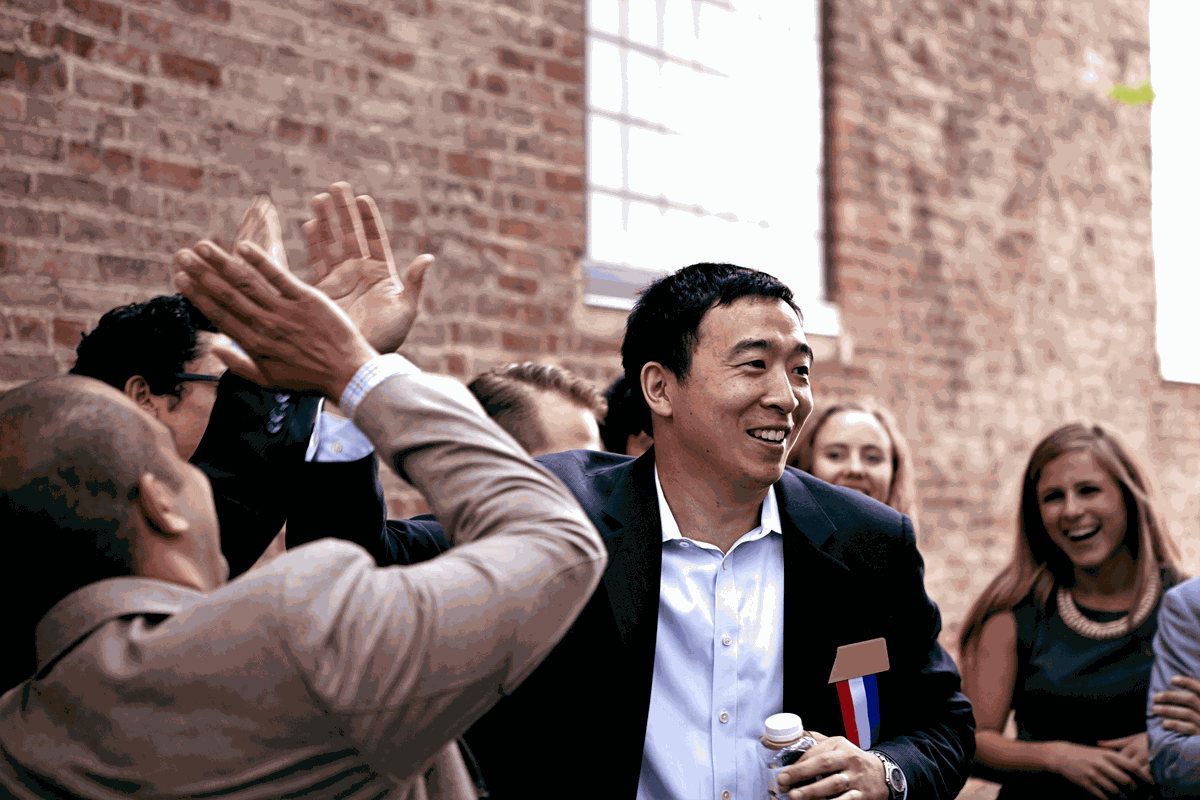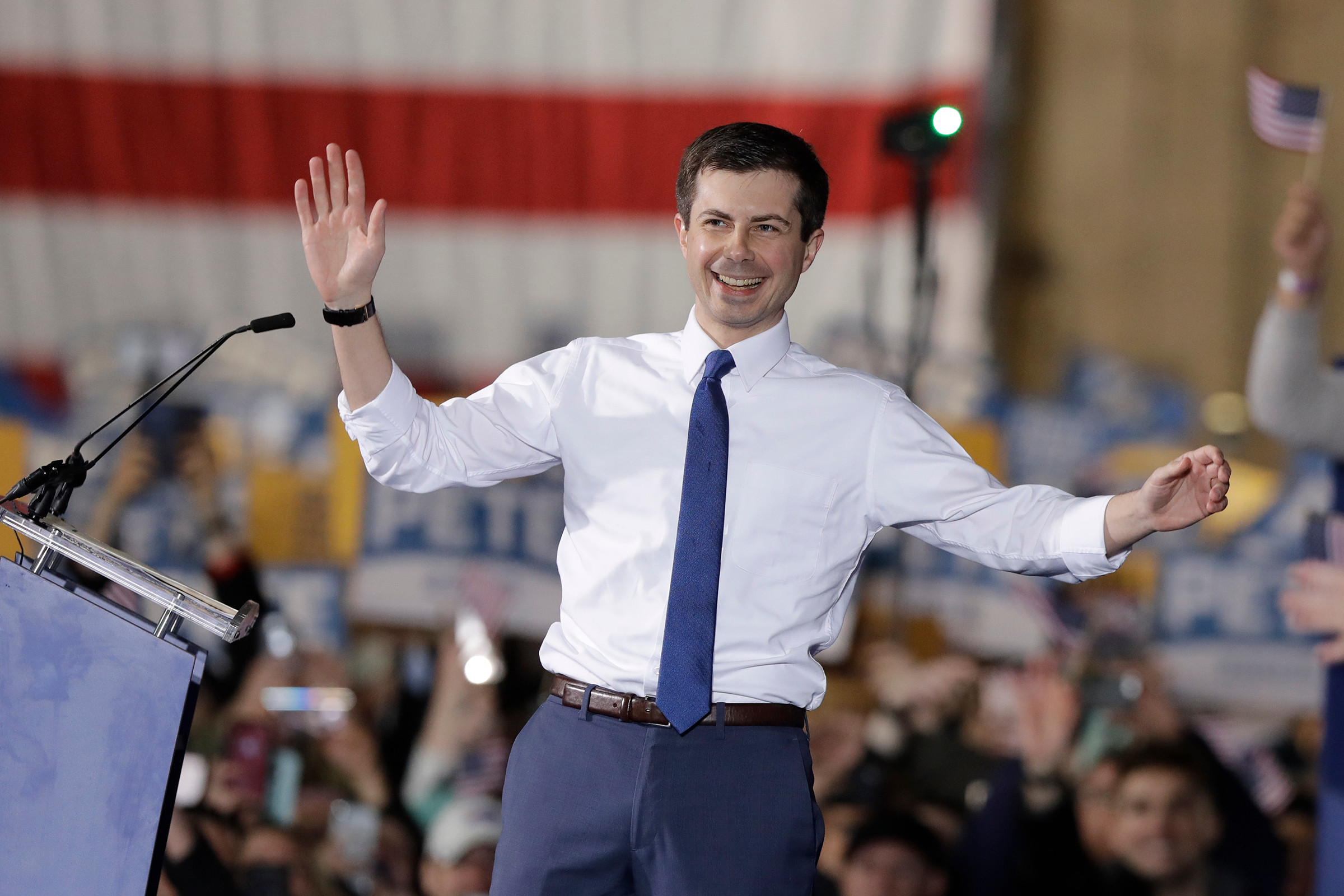Washington, D.C., May 28 – After months of frustration, anticipation and advocacy by the disability community, presumptive Democratic presidential nominee and former Vice President Joe Biden unveiled his campaign’s disability platform. The plan, intended to positively impact the lives of the one-in-five Americans living with a disability, covers a range of issues as diverse and broad as the wider challenges facing the nation. Critically, the plan commits Biden and his campaign to ensure that “people with disabilities have a voice in their government” and are included throughout the “policy development and implementation” process.
The plan specifically delineates how a Biden presidency would “enforce civil rights,” ensure “affordable health care,” expand “competitive, integrated employment,” “strengthen economic security,” improve “educational programs,” and address “affordable housing, transportation, and assistive technologies” needs in the community as well as advancing “global disability rights.”
